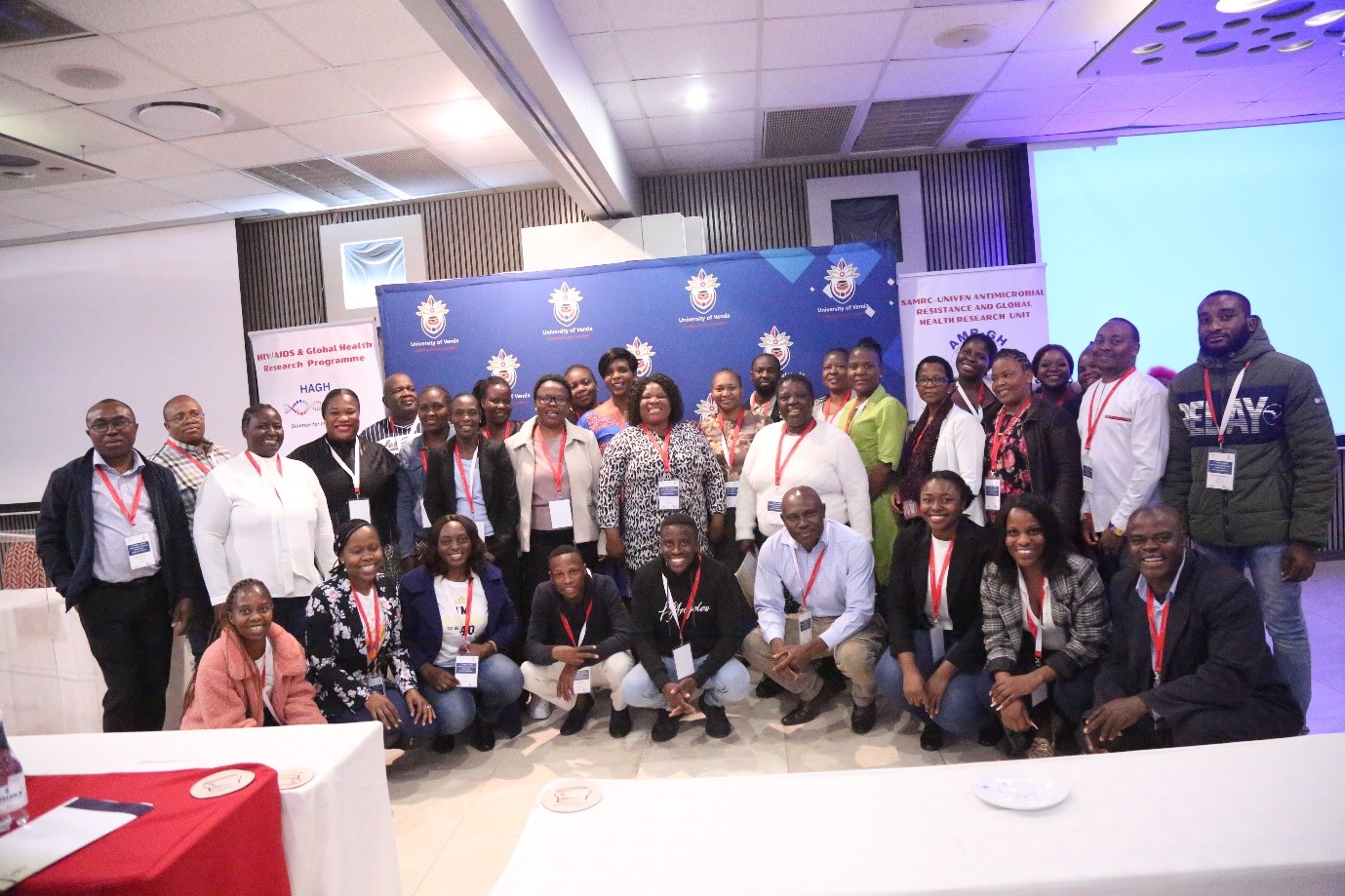18-24 November marks the occasion of the Annual World Antimicrobial Resistance Awareness Week, with the theme for 2023 being ‘Preventing antimicrobial resistance together.’
Microbes are everywhere, these include viruses, bacteria, and fungi. Naturally, they are in our bodies, such as on our skin, upper respiratory track, and intestines. Microbes are also found in the environment, in our drink and our food. When conditions are right, some microbes cause disease in humans and animals. Medicines that kill or inactivate microbes are called antimicrobials - these can be antivirals (against viruses), antibiotics (against bacteria), and antimycotic or antifungals (against fungi).
Efforts to mitigate the development and transmission of drug resistant microbes are referred to as antimicrobial resistance stewardship. This includes, among others, approaches in judicious procurement, prescription and use of antimicrobials, and efforts in the prevention and control of infections. Practically, this means taking only medicines prescribed by obtained by authorised health care personnel and vendors, for the duration prescribed.
Antimicrobial resistance is mostly discussed in clinical settings, and when there is an outbreak of an infection caused by a drug resistance strain of a microbe. However, increasingly the need to understand the burden, carriage, and dynamics of antimicrobial resistance in the community is gaining traction. Through this approach, it would be possible to tackle the different factors that contribute to the development and transmission of drug resistance microbes in a more holistic way – the ‘one health’ approach.
For a participatory community-based antimicrobial resistance stewardship, the South African Medical Research Council (SAMRC) - University of Venda (UNIVEN) Antimicrobial Resistance and Global Health Unit, under the direction of Prof Pascal Bessong is working with communities for a better understanding of the acquisition, diversity, burden, and transmission dynamics of bacterial antimicrobial resistance in our communities.
Specifically, the team aims to get evidence on
- time of acquisition of gut antibiotic resistant bacterial after birth, and the factors influencing the acquisition.
- the influence of the gut microbial population on the acquisition and the diversity of antibiotic resistant bacteria.
- figuring out what factors to consider in the development of educational packages for community-based antimicrobial resistance stewardship.
Prof Bessong said “the objective of global health research and education is to improve access and equity to healthcare. With respect to antimicrobial resistance, it is necessary that the perspectives, voices and action of communities, particularly communities of low socio-economic status, be incorporated in the research and discourse processes on mitigating the effects of antimicrobial resistance. This is because the strategies or interventions developed would have a higher chance of success and sustainability following a partnership through which knowledge is coproduced and applied.”
It is the hope of the Unit that evidence garnered will strengthen the chance of success of intervention strategies in mitigating antimicrobial resistance from the strategic approach of community engagement, involvement, and mobilisation.
“Importantly too, educational and training packages and toolkits for antimicrobial resistance stewardship in communities must be coproduced with communities, taking into account language, ethnography, knowledge and attitudes” concluded Prof Bessong.
Read more about the Antimicrobial Resistance and Global Health Research Unit | HERE

